Nutrition is a cornerstone of every good bodybuilding program. The right bodybuilding diet is essential for producing the gains your workouts stimulate. After all, you’re already busting your butt in the gym, right? You’re stimulating your body to build muscle tissue. So give it what it needs, good solid nutrition.
A healthy muscle building diet is not too complicated but it does require some knowledge and discipline. Let’s look at the basics.
The Big 3
All diets consist of protein, carbohydrates, and fats. Different diets vary in the ratios of these three basic nutrients. In case you’re not sure, here’s some examples of these macronutrients.
Proteins
Meats, Fish, Eggs, Cheese, Soy Products, Cottage Cheese
Carbohydrates
Fruits, Vegetables, Cereals and grains, juices
Fats
Cooking Oils, Olive Oil, Butter, Margarine
(Some vegetables and nuts are high in fat content also)
Protein: Just the Facts
Protein is a buzz word in the bodybuilding world. You’d think nothing else had more importance in the muscle building process than this over emphasized nutrient. Actually, it’s more of an important team player than a superstar. Let’s look a bit closer.
Protein is used by the body to repair tissues broken down throughout the day in a continuous process. This is called protein turnover. When cells wear out they are broken down and rebuilt using amino acids, the building blocks of protein. When you add exercise and especially intense bodybuilding training to the demands, this protein turnover increases. So you should eat tons of protein right?
Not so fast!
Yes, it’s true that protein needs increase as activity increases. But it doesn’t increase that much. Not as much as the muscle magazines would like you to believe. The body can only utilize so much protein at a time. Also, any more protein consumed in a day than is needed can be stored as fat.
It’s best to find out how much protein your body actually needs for optimal muscle building and eat only that amount. There is an easy way to determine your protein requirements that we’ll discuss later.
What kind of protein?
Your goal should be to find high quality, low fat protein sources.
You’ll find quality protein sources in lean meats such as chicken, fish, and turkey. Eggs, especially egg whites, are a great source of lean protein. Dairy foods like low and no fat cheese and cottage cheese are good too.
Beef is a good source of protein but it also can be high in saturated fat and calories which should be avoided on a bodybuilding diet. A good steak now and then is a real treat but it shouldn’t be a staple part of your diet.
There are also hundreds of protein supplements on the market. Although most of your protein intake will come from the food you eat, supplements can be helpful. They are quick and convenient for sure. Certain forms of proteins can accelerate growth and recovery after hard workouts.
Carbohydrates: Not just for fuel
Carbohydrates are an important part of a bodybuilding diet. Converted to glucose, they provide quick energy for intense workouts. Quality carbohydrate foods are also your source for important vitamins, minerals, and fiber.
Sure, you can take vitamin supplements, but there are substances in fruits and vegetables that scientists have yet to discover. The benefits they provide can’t be obtained from a bottle. Supplements are just that, a supplement to a good diet. It’s best to make sure your diet includes a lot of colorful vegetables and various fruits.
Make the majority of your carbohydrates high fiber, low calorie fruits and vegetables. These foods will have a low glycemic index and keep blood sugar levels constant. This will keep you lean while still supplying energy for tough bodybuilding workouts.
Fats: The forgotten nutrient
Fats play a major role in the ideal bodybuilding diet. In an optimum state fats fuel much of your daily activities. Dietary fats help you absorb important fat soluble vitamins like vitamin E, D, and A.
Fats also slow the absorption of carbohydrates into the bloodstream which keeps blood sugar levels from spiking. This keeps energy levels constant and also keeps the body burning fat for fuel. Eating fat can actually help keep you lean!
Many hormones in the body, including testosterone, are dependent on fats for optimal production and function. There are so many functions of dietary fats in human health that whole books are written on the subject. What’s important to remember is that dietary fats are important for bodybuilding. But what’s more important are the kinds of fats you eat. There are good fats and bad fats, so to speak. Fats found in meats, egg yolks, and dairy foods are typically ones you want to avoid.
The fats in certain cold water fish and vegetables contain many healthy nutrients. Some fats called Omega 3 fatty acids should be supplemented in your bodybuilding diet. They are very important for recuperation, growth, and overall health. It’s hard to get enough of them from regular food sources. Fish oil is the best supplement form of these nutrients.
Protein, Carbs, Fat: How much of each?
Again, the basic makeup of any diet is the ratio of these macronutients. Here are the approximate breakdowns for macronutrients in an ideal bodybuilding diet.
Protein
25-40% of total calories
Fat
15-40% of total calories
Carbohydrates
35-45% of total calories
A 30/30/40 ratio of Protein/Fat/Carbohydrate is a good starting point and will help you achieve your bodybuilding goals. Several factors go into determining your ideal breakdown for your bodybuilding diet. Body weight, lean body mass, insulin sensitivity and activity levels determine the ratio you should consume.
The amount of protein your body needs is the key. Once you determine the amount of protein your body needs , then it’s quite simple to figure out your carbohydrate and fat needs.
Carbohydrate intake is tied to amount of protein your body requires. After finding the amount of protein that’s right for you continue on to calculate your carbohydrate needs.
Click here to determine your carbohydrate needs.
Fats in the bodybuilding diet slow the absorbtion of carbohydrates and are building blocks of important hormones in the body.
Essential fats such as EPA and DHA should be supplemented. They are an essential part of any healthy diet.
The rest of your dietary fat intake should be determined by your current body fat and activity levels.
The Protein-Fat Connection
The foods you eat for your protein and carbohydrates should be low fat foods. That allows you to control the amount and types of fat you consume more easily. You will add in healthy fats to every meal in your bodybuilding diet.
But how much?
Your fat intake is linked to your protein intake. Since you already know your specific protein requirements it’s easy to figure out your fat intake.
To get and stay lean multiply your daily grams of protein by 21%. That will be the amount, in grams, of fat you need to add to your meals over the course of a day.
Example
If your daily protein requirement is 140 grams per day, then this is how to figure out your added fat intake.
140 x .21 = 30 grams
30 grams of fat will need to be added to your daily diet. You will split this up between all of your meals and according to the size of the meal.
Remember, this is not the only fat you will be consuming in your bodybuilding diet. We are not counting the fat that will naturally be in your low fat protein and carbohydrate foods.
The Volume Factor
Lean bodybuilders training with very high volume will need more calories from their diet to make sure they aren’t burning up muscle for fuel. If protein is figured out properly for the amount of work being performed, the added calories needed shouldn’t come from carbs. That would change your protein/carb ratio and alter hormones in the wrong direction.
So what else is left to complete your calorie requirements? Fats, of course!
If you are in very high volume training and you are already very lean you will need more fat added to your diet than the above equation. Take the fat factor up to no more than 42 percent of your protein intake. Start at the lower end and work up.
So under max volume training situations your fat intake would be figured like this:
Example
If your daily protein requirement is 140 grams per day, then this is how to figure out your added fat intake.
140 x .42 = 59 grams
Approximately 60 grams of fat will need to be added to your daily diet. You will split this up between all of your meals and according to the size of the meal.
Again, remember that this is not the only fat you will be consuming in your bodybuilding diet. As stated above, we are not counting the fat that will naturally be in your low fat protein and carbohydrate foods.
You may not need the full 60 grams of fat. Your particular situation may require your fat factor to be 30 or 35% of protein intake. Start low and work up until you find the ideal calorie amount for your situation.
The bodybuilding diet is not overly complex. With a few minutes of simple measuring and calculation you will be on your way to a lean, muscular, healthy physique. A physique that will be as strong inside as it appears on the outside!
Now that the macro nutrients are taken care of let’s take a look at a few supplements you might consider adding to your bodybuilding diet.,
Tip: If you're signed in to Google, tap Follow.


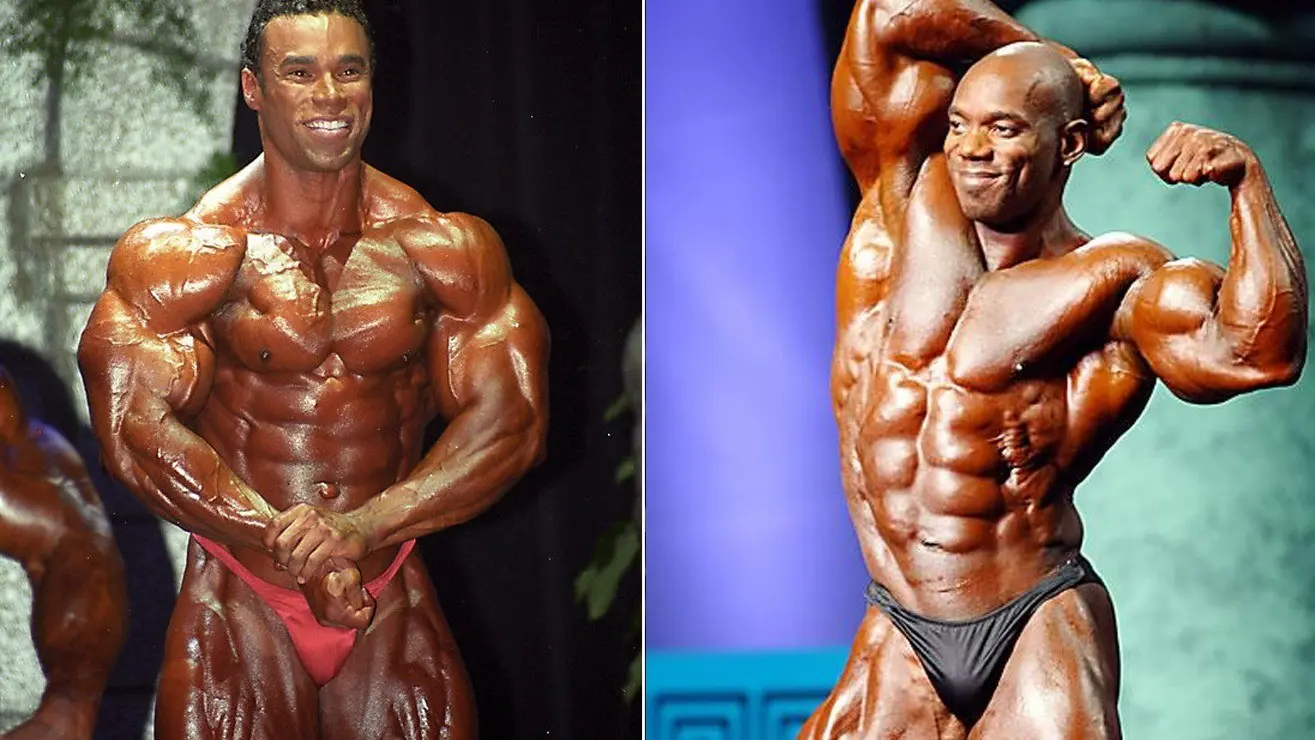



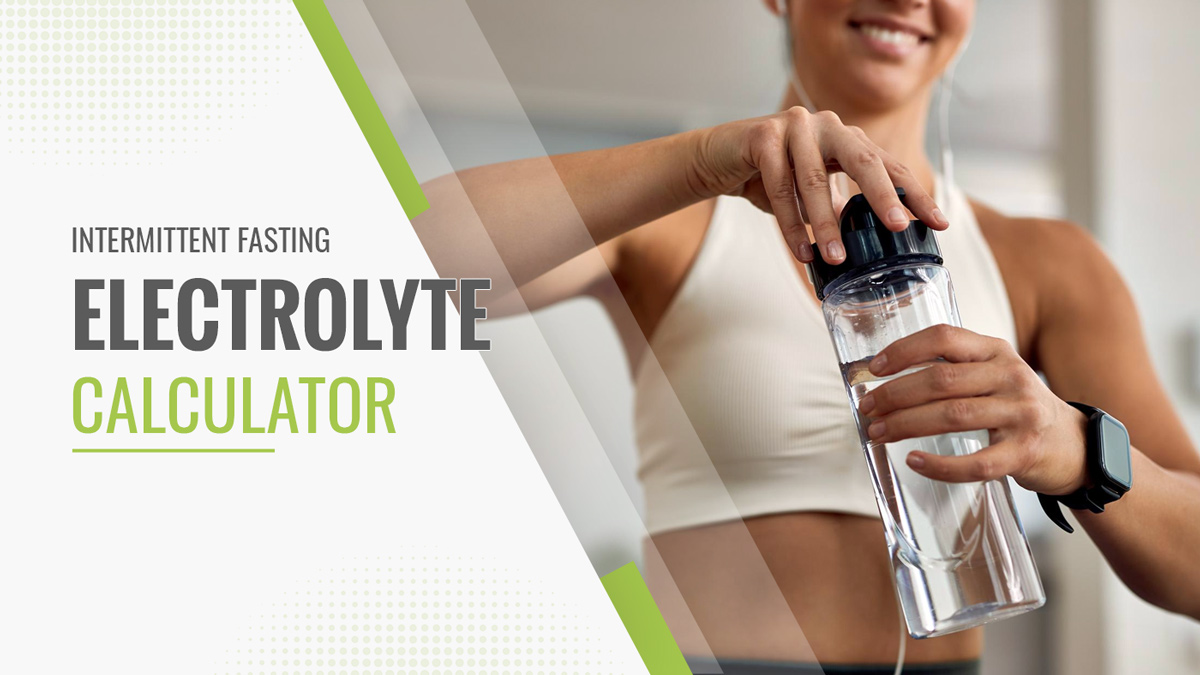
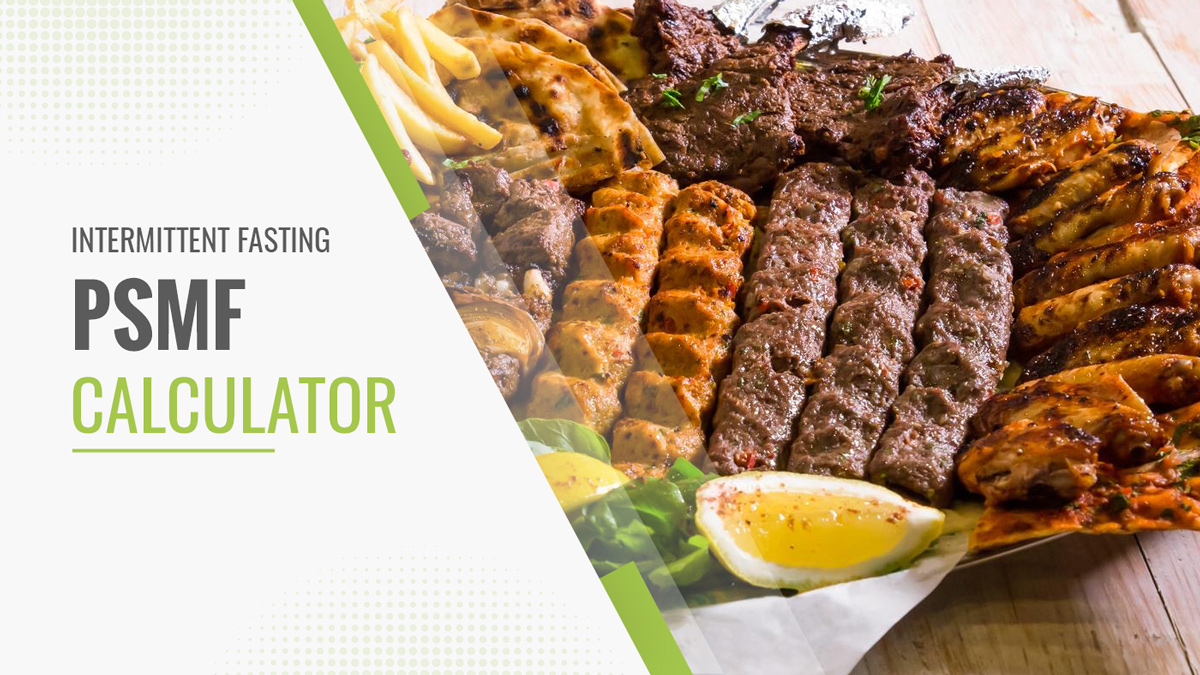
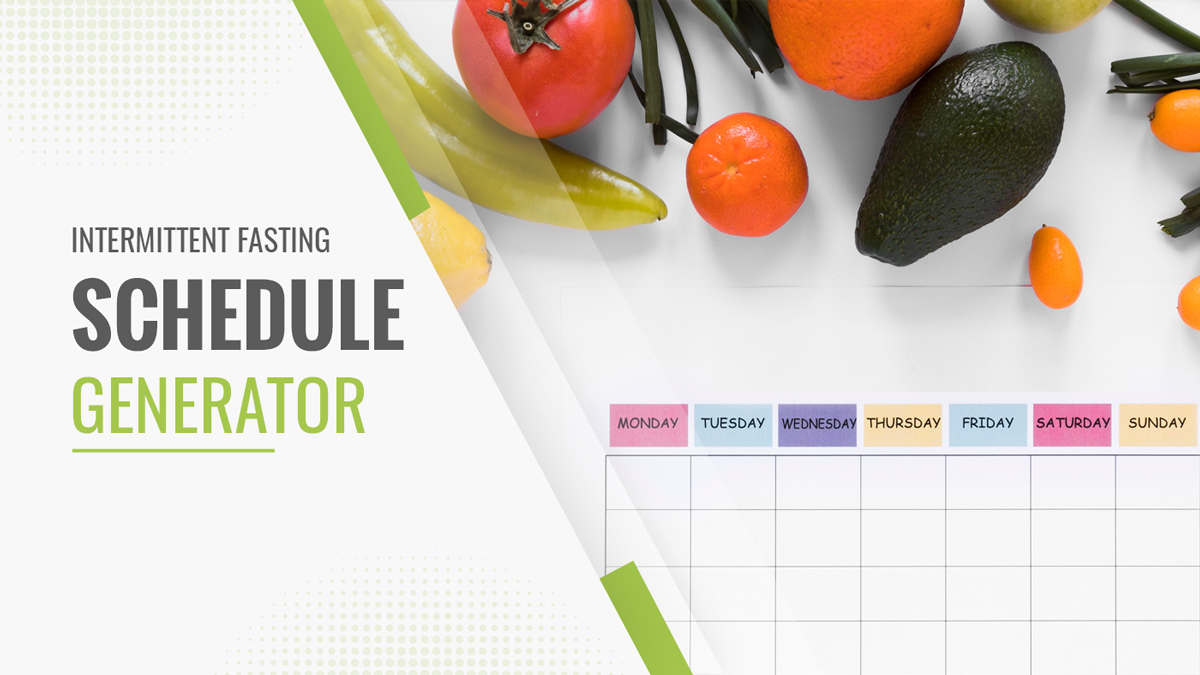
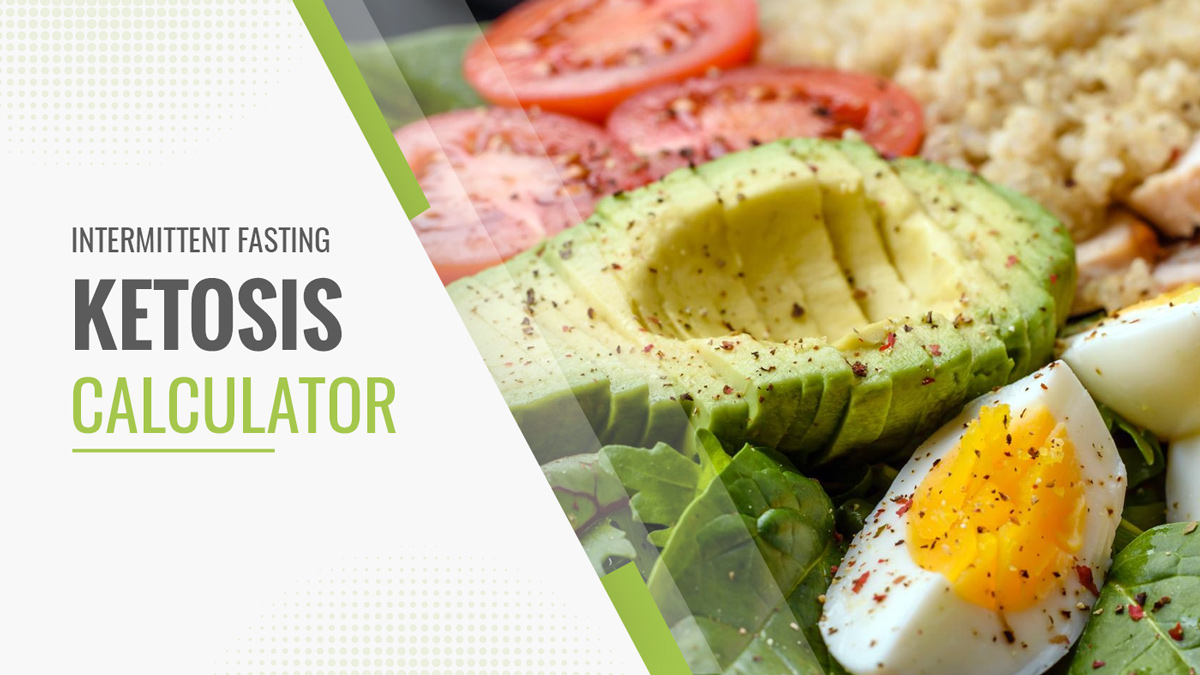
Great article. Protein and carbs play an important role when it comes to gain muscles. specially, before and after workout within 20 minutes protein consumption can give you a fast muscle recovery and gain for lean muscle. For better results, you can include supplements like stenabolic, RAD-40 or Ligandrol.
Great post I liked the way you mentioned protein, a lot of people just forget about the quality and buy some generic crap supplement when whole food are what they need. Keep up the great work!
It was helpful when you said that the body can only use a limited amount of protein at a time, so we don’t need to go overboard with consuming it. My husband has been working on getting in shape for the last year or so and is considering starting an intelligent bodybuilding program to boost his confidence even further. The info you shared here should help him find the right diet to support his bodybuilding goals!